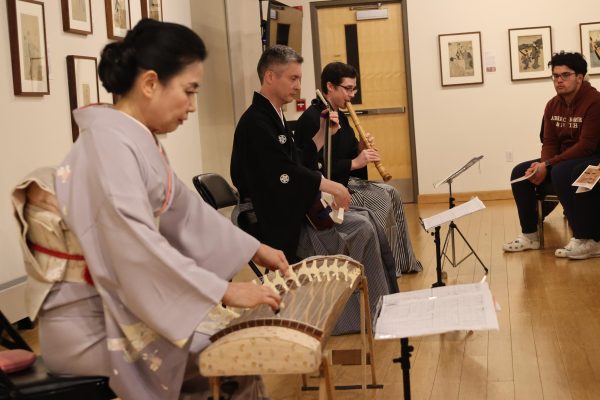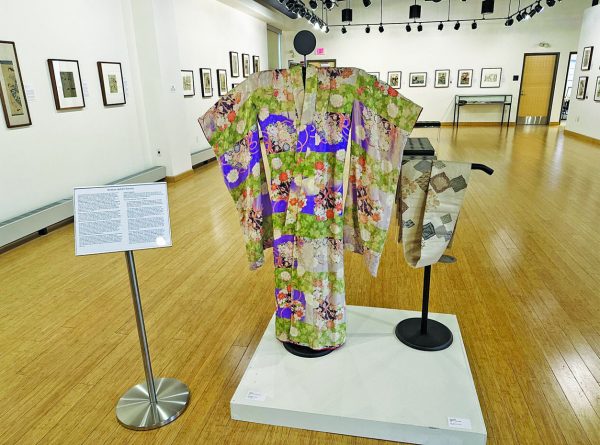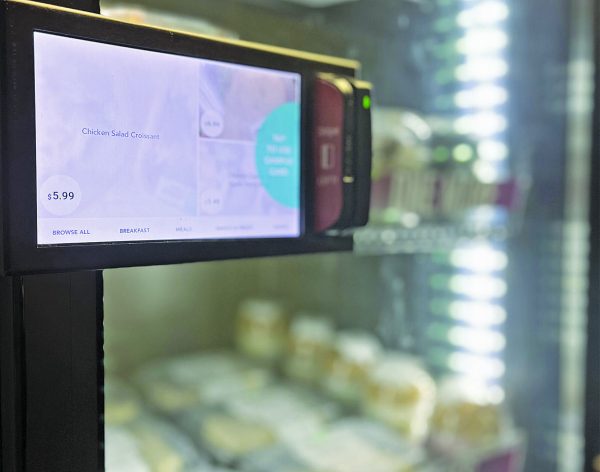Is a Campus Food Pantry Needed?
September 24, 2018
Student research sparked campus officials to investigate food insecurity among students and the possible need of a campus food pantry.
After a student who had done research on food insecurity approached Sr. Jean Messaros, Vice President of Mercy Integration and Sr. Cindy March, Coordinator of the Initiative for Compassionate and Mindful Living, with concerns of people living on and off campus not being able to afford food, it was suggested that Amy Lahart, Dean of Students, and Kathleen Foley, Vice President of Student Life, were included in the conversation.
Officials then conducted a survey, via email, to all students, faculty and staff.
“Four hundred, ninety-nine people took the survey with 461 completing it. Sixty three percent of respondents were students, 13% faculty and 24% staff,” explained Lahart.
Lahart and Foley say that there was enough information gathered to review and move forward in the process.
Although it doesn’t seem to be a big topic of conversation on campus, students who lack food and the funds to get food is an issue, officials say.
Monica McManus, a sophomore communications major, said she knows of people struggling with this problem.
“The person blows through their Cougar Points in the first six to seven weeks of the semester and struggles the rest of the time,” McManus said. “They usually have to take food from the cafeteria to have at nights for snacks.”
Foley and Lahart explained that they once worked with a student who at the time was homeless and regularly went to a regional soup kitchen. On days when this student was unable to go, the school provided a meal card.
“On other occasions I have worked with students who remained on campus over break when the dining room was closed. In this case, we provided a gift card to a grocery store and took them shopping,” said Lahart.
A number of survey participants expressed concern about maintaining the anonymity of those who use the food pantry.
“The people in charge could make it anonymous by setting up ‘care packages’ to be delivered to students’ doors disguised as a package from family,” suggested McManus.
Maintaining anonymity was discussed, and questions in relation to the topic were included in the survey.
Officials have not yet made a decision on the creation of a pantry, which would have to result from the support of the campus community.
“Our hope is that it would be staffed by volunteers,” Foley and Lahart explained.
Officials say the discussion continues.






